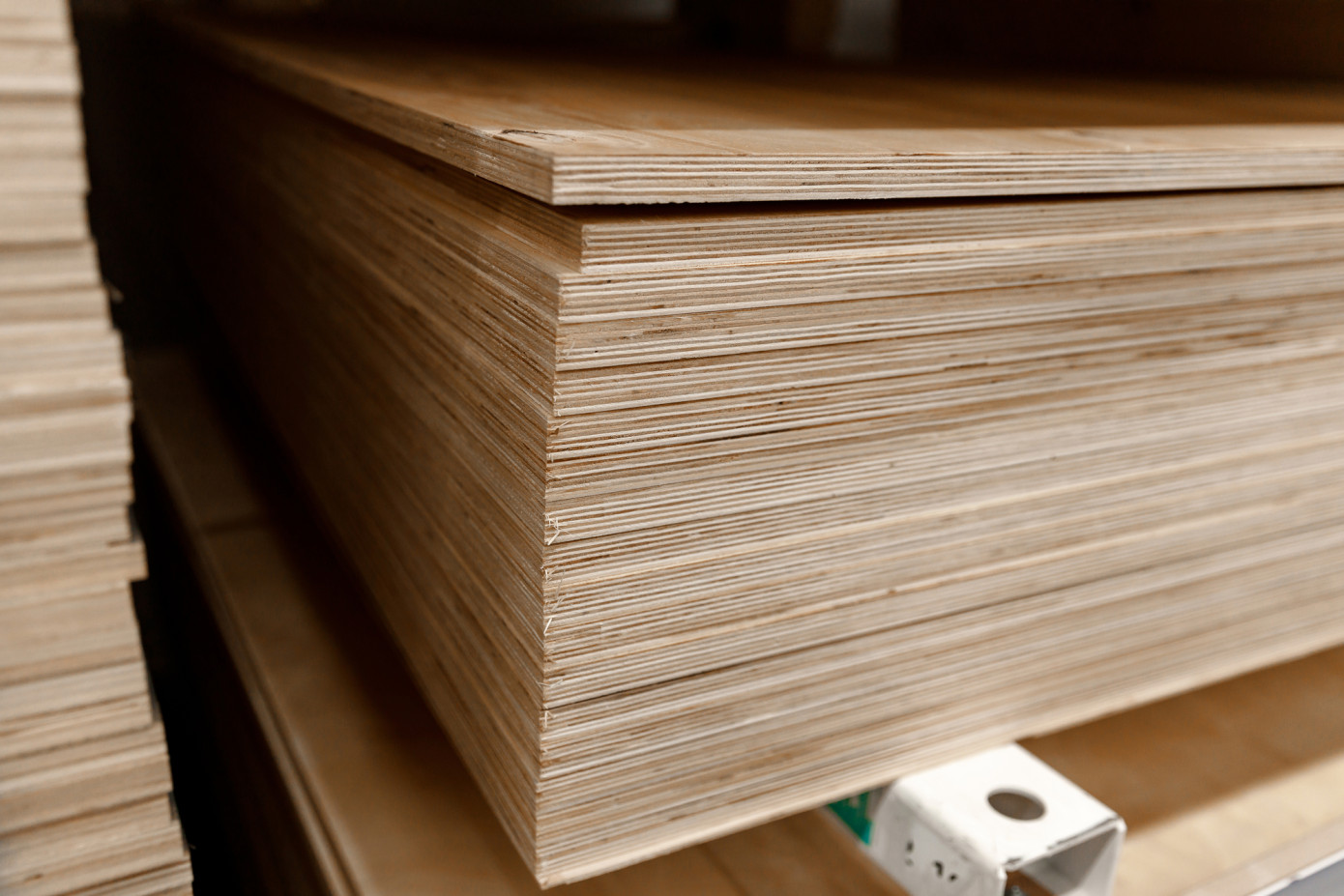Following an intensive investigation, the European Commission has decisively expanded its anti-dumping measures on birch plywood, initially focusing on Russia, to also encompass imports from Turkey and Kazakhstan. Detailed in Commission Implementing Regulation (EU) 2024/1287, issued on May 13, 2024, this expansion addresses the strategic circumvention of previous duties set under Implementing Regulation (EU) 2021/1930 from November 2021.
Originally, the duties on Russian birch plywood varied between 14.4% and 15.8%, aimed at countering the influx of unfairly priced imports. However, subsequent trade patterns showed a strategic shift, with significant increases in imports routed through Turkey and Kazakhstan. In 2023, Russia's plywood exports to Turkey more than doubled. This rerouting appeared primarily motivated by the avoidance of the existing duties, as confirmed by the investigative proceedings initiated on August 21, 2023, spurred by the Woodstock Consortium representing EU industry interests.
Throughout the investigation, despite some exporting producers in Turkey and Kazakhstan attempting to demonstrate exclusion from these circumvention practices, the Commission found many failed to substantiate their claims or fully cooperate. Decisions were thus made based on the best facts available, underscoring the challenges in regulatory compliance and enforcement.
With the extended duties now also covering imports consigned from Turkey and Kazakhstan, they will be applied retrospectively to registered imports. This action is designed to restore the intended protective effects of the initial anti-dumping measures and to reinforce the EU's stance on fair trade and its commitment to shield domestic industries from market disruptions caused by dumped imports.
